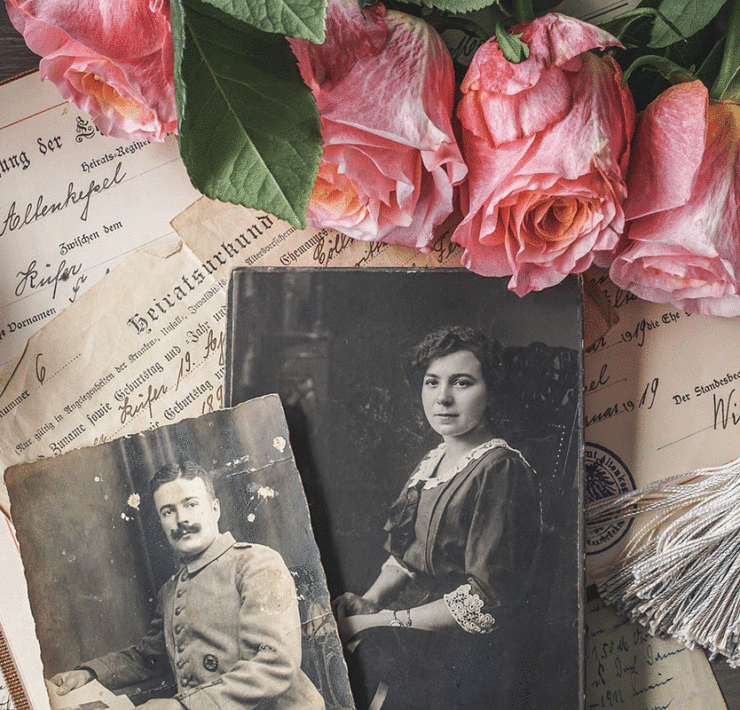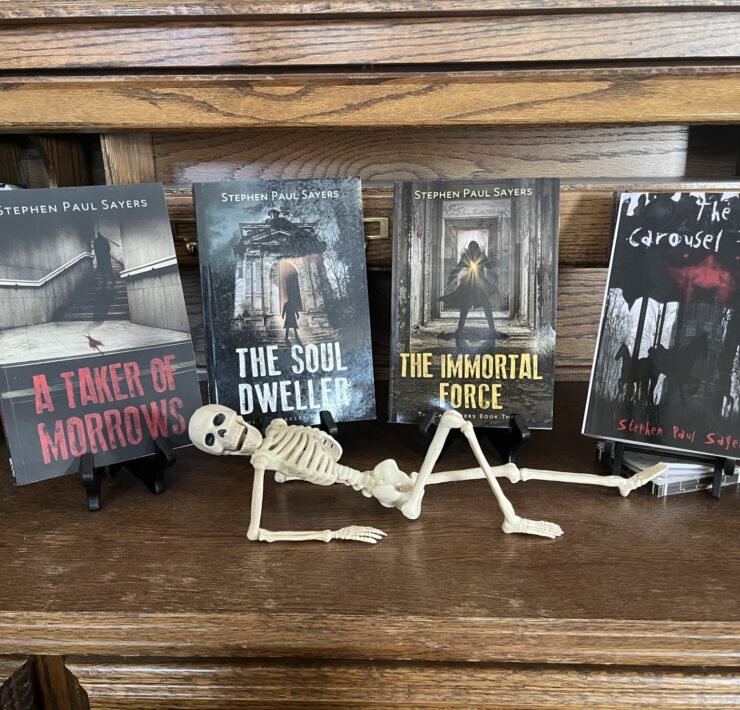Hope, Healing & Advocacy

How Court Appointed Special Advocates are making an impact in the lives of children in foster care.
“It is no secret that the child welfare system and the court system are heavily overburdened with children who need the safety of foster care,” Kelly Hill, Executive Director of the Heart of Missouri Court Appointed Special Advocates (CASA), explains. “That is coupled with a pretty significant staffing crisis the division is experiencing. The folks who suffer from that are the kids — they don’t get the best treatment they need to move forward and find a safe, permanent home.”
Heart of Missouri CASA is a part of the National CASA/Guardian Ad Litem (GAL) Association that works to train and support CASA volunteers to be exceptional voices for every abused and neglected child in Boone and Callaway County. Currently, they are serving just over 50% of the kids in need within those counties, and have a goal of being able to serve at least 75% this year.
At its core, CASA was a Seattle juvenile court judge’s response to constantly having to make really serious, heavy decisions for children without feeling like he had enough objective information.
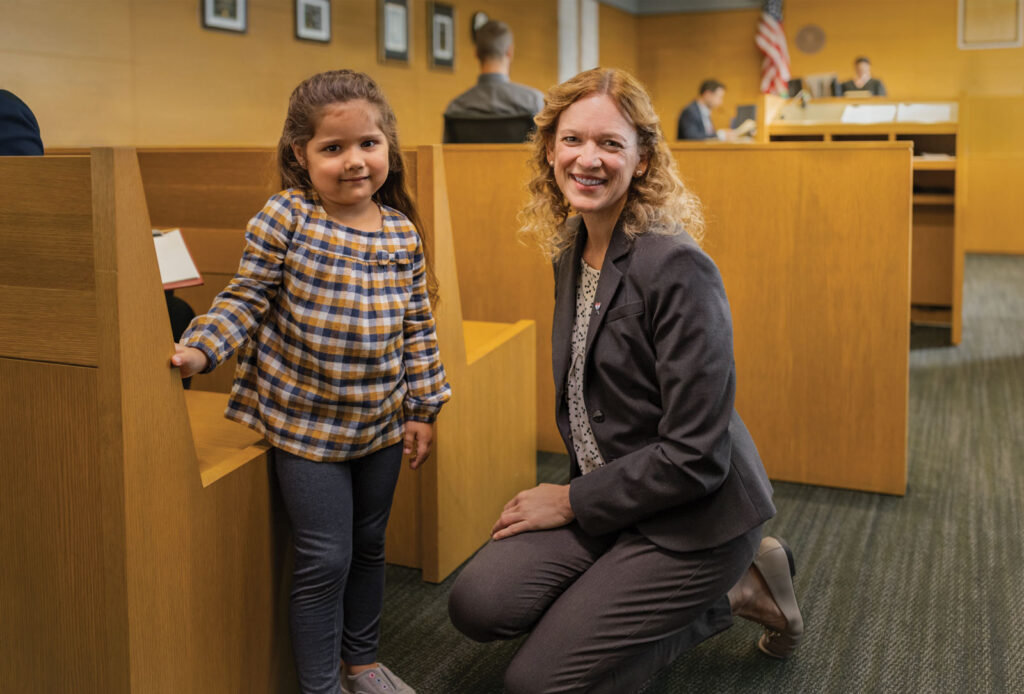
“When the state steps in and decides they need to remove a child from their home to keep them safe, a lot of people suddenly come into that child’s life,” Kelly says. “Social workers, attorneys, service providers, therapists and, obviously, the judge. Our hope is that one of those people can be a CASA.”
“While children are in the system, they can experience frequent turnover with the professionals on their team,” Kelly continues. “And they move homes an average of five times. So not only have they experienced the trauma that brought them into foster care, they also experience additional instability and chaos that is the system itself. But when they have a CASA volunteer, they have someone who is stable, consistent and will be there throughout the entire time they are in the system.”
CASA volunteers handle one case at a time. They work an average of 8-12 hours a month, and they commit to staying on the case for at least two years, which is the average amount of time a child is in the system.
“CASA’s are someone that the child can rely on to check on them, advocate for them and tell the court his or her wishes as well as their best interest,” Kelly says. “You know, when a child changes homes it can be scary. And they may not know where they are going, but they know their CASA volunteer is going to visit and that they are just a phone call away. Just having that adult they can rely on makes such an impact when there is so much change and inconsistency.”
Kelly got connected with Heart of Missouri CASA through one of her Masters of Social Work professors who was on the board for the organization. She has served as the executive director for Heart of Missouri CASA since 2016.
“I’m here because I really believe in what we do. The kids we serve are really some of the most vulnerable in our community, and a lot of people don’t know what they go through,” Kelly says. “Child abuse is a hard topic people don’t usually want to talk about, so it is easy to ignore. But I think these kids deserve the best, and CASA is there to help give them the best opportunity at healing, hope and a good future by advocating for the services they need.”
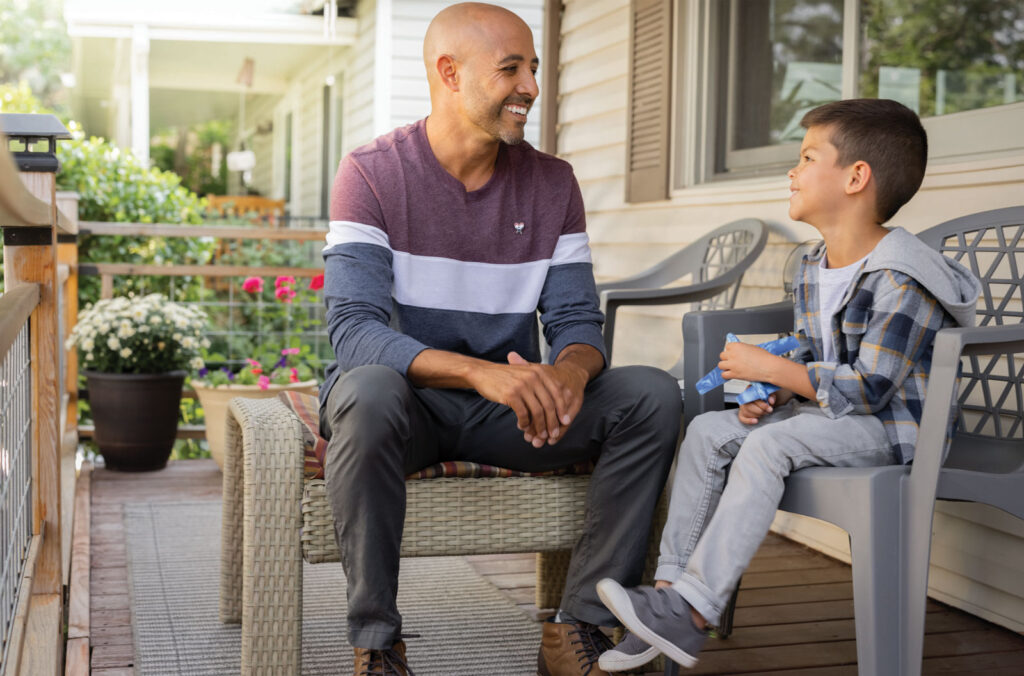
CASA volunteer Elizabeth McWilliams joined the organization a year ago after seeing the need through her sister’s role as a foster parent in Oregon.
“Her first two kids got placed with her in January 2020, and then the pandemic hit,” Elizabeth explains. “Both of the kids had a lot of needs and services sort of shut down. She had a really hard time advocating for them and getting them the services they needed, as well as having support and resources available for her. I think I just saw firsthand the role a CASA can play because she didn’t have anyone.”
Becoming a CASA volunteer comes with extensive support and training. After the application and interview process, volunteers go through a 30-hour training over the course of around six weeks. Classes occur one night a week for three hours. At the end of training, the class goes to observe court and get sworn in by the judge.
“It is complicated what you’re getting involved in, and I didn’t really know the nuances of the system,” Elizabeth says. “But they really prepare you. In training you learn about the factors that lead to these situations, trauma and the impact it has on children and their families, the child welfare system, juvenile justice division and the criminal divisions, as well as how all the different pieces fit together.”
“I think we all felt that as volunteers, we didn’t know enough. But then you get started and you learn as you go and always have the support from your CASA supervisor.” Elizabeth says.
CASA volunteers have all different backgrounds and levels of experience with social work. No matter the background, CASA staff and supervisors are side-by-side with volunteers at every step. Volunteers are never on their own.
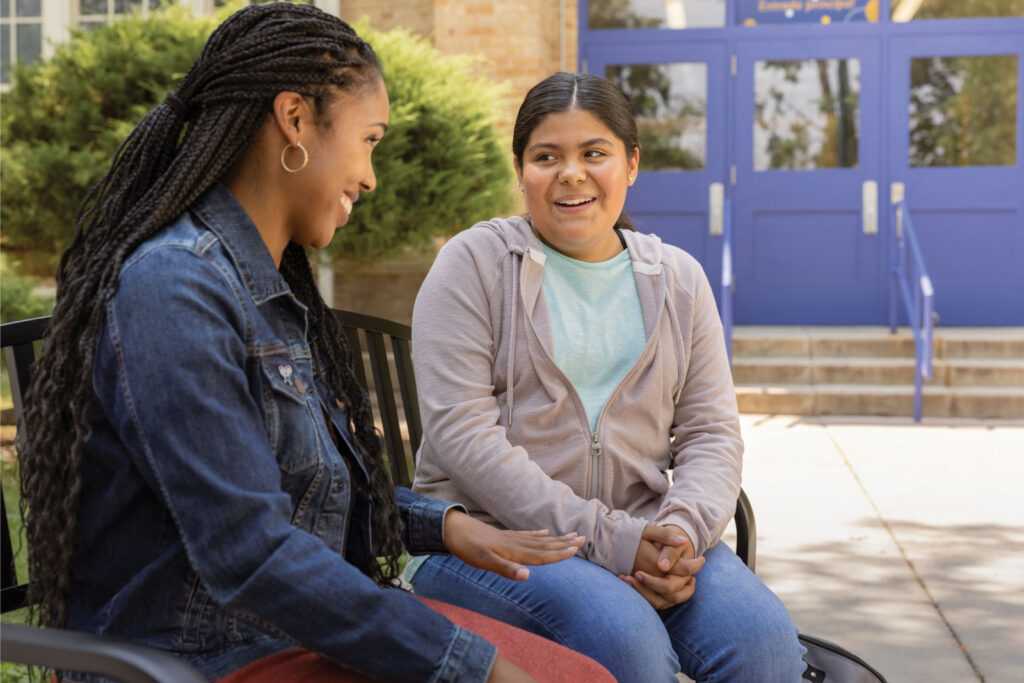
“I don’t expect volunteers to be experts on the system, I want them to be experts on the children.” Kelly says. “Once you become an expert on the child and their family, you can be their best advocate. The CASA staff are the ones who are the experts for the system and volunteers have, at minimum, monthly check-ins with the staff.”
Being a CASA is a time commitment. Depending on the month and what is going on in the case, that time commitment can vary. In general, volunteers are asked to visit the children two times a month; once at their placement and the other somewhere in the community like a daycare or school.
“The core part of the CASA’s advocacy is getting to know the kids, visiting them and consistently checking on them,” Kelly says. “A lot of the time they are not eager to trust and it takes awhile for them to see volunteer’s as not just another adult in their life. Consistency and having that relationship is important.”
Additionally, volunteers are a part of the child’s professional team and attend the Family Support Team meetings. These meetings include the caseworker, CASA, Guardian Ad Litem (the child’s attorney), the parents, the parent’s attorney and the juvenile officer. The goal of these meetings is to ensure that services are being provided to address the needs of the child and that the parents have what they need to address the issues that brought the kids into foster care.
“I think it is important that people understand that, you know, the purpose of the foster care system is to reunify children with their families,” Kelly explains. “More than half of children reunify with their parents and a large portion of the remaining half typically go with relatives through adoption or guardianship. So it’s about 20-25% who are adopted by a non-relative or who aged out of the system.”
“If at all possible, we think it is important for children to be with their family of origin. If it can be a healthy environment, we think it is the best place for them,” Kelly continues. “The majority of reasons that children enter foster care is because of neglect, parental substance abuse, or mental health issues. We do see things like physical and sexual abuse, but not to the level people may think. So we work with teams so that ideally parents can get the resources they need as well.”

Family Support Team meetings don’t happen every month, but they happen often. CASA’s also submit reports to the judge and attend court, which happens frequently at the beginning of a case and spread out over time.
Beyond a time commitment, being a CASA is inevitably an emotional commitment, too. Many volunteers are hesitant because of a fear of getting too attached to the kids.
“At one of our training sessions, we had someone ask what we were afraid of,” Elizabeth said. “One person spoke for everyone and said, ‘I’m afraid I’m going to get attached to these kids.’ And the response surprised me at the time, their answer was: ‘We want you to get too attached, it’s a good thing — that’s what these kids need.’”
CASA’s provide consistent support both with their time and care to children in need. The need is big, but the impact CASA’s have can be even bigger.
“There was a story recently that a staff member told me.” Kelly recalls. “One of our youth, around 12 years old, was on the way to a doctor appointment. The placement provider was driving and had a medical emergency while driving. She had a stroke and they got into a car accident. It was minor, not major, but the child panicked and didn’t know what to do. He decided to reach out to their CASA volunteer, who then talks with the child, gets a medical team there and stays on the phone through the whole situation — And I just think, ‘Man, what would that kid have had to deal with if they didn’t have a CASA there? Somebody they could call and just help with that because they didn’t know who their caseworker was?’ They didn’t know any of the other professional people on their team, but knew their CASA. Hearing things like that motivates me to keep working hard to get the funding and resources we need so that we can reach more of these kids who just need those consistent adults in their life.”



